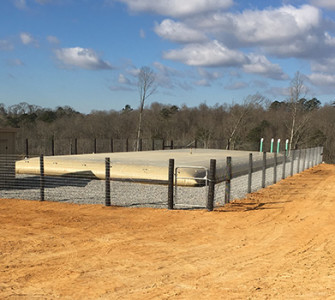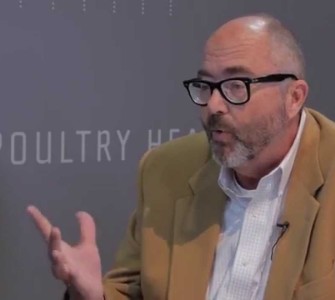Too busy for sustainability? Think again
Sure, sustainability is a sound and noble concept — something everyone needs to think about and practice. But try telling that to a poultry veterinarian or producer in the middle of an infectious bronchitis outbreak.
As one well-known veterinary pathologist recently told Poultry Health Today, “We’re usually too busy putting out fires to worry about sustainability.”
The poultry veterinarian’s dry but brutally honest comment brought some laughter to the conversation, but it also spoke volumes about the challenges of becoming more sustainable in the face of day-to-day production demands.
More than a buzzword
Nevertheless, it’s clear that sustainability isn’t just a trendy buzzword, passing fad or marketing niche. It’s a reality that’s reshaping the industry — and everyone needs to start paying attention.
The good news for conventional poultry producers is that many of their practices already promote sustainability, whether they know it or not. (See “Tossing around the ‘S’ word: What sustainability means to poultry health.”)
And although there’s undoubtedly room for improvement — in all segments of the poultry industry — the “challenge” of sustainability is actually full of opportunity for conventional producers.
The three Es
“Trying to define sustainability as one thing is a losing game. It’s better understood as our generation’s bucket list, except it is a list of things we need to do to ensure the survival of future generations,” says Øistein Thorsen, principal consultant at Benchmark Sustainability Science, a group that helps agricultural businesses design and implement customized sustainability programs.
“For each industry and business, the opportunities that sustainability provides will be completely different. They vary according to how their business affects, and in turn is affected by, what we call the ‘three Es’ — ethics, environment and economics.
“For poultry producers, for example, the health and welfare of their birds is the backbone of a financially healthy business. Making key improvements in poultry health and welfare management can, therefore, go a long way toward making an operation more sustainable in terms of improved animal and human welfare, improved economic efficiency and reduced environmental impact.”
For more articles in the special report on sustainability, click on the titles below:
Sustainability: What on earth does it really mean? And how does it apply to poultry health?
Tossing around the ‘S’ word: What sustainability means to poultry health
Five ways to put sustainability into action today
Posted on December 4, 2014

















